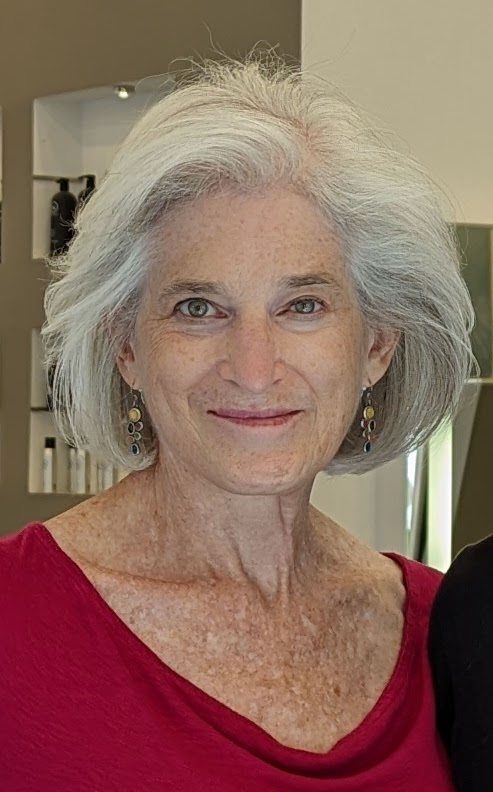Inspirational Stories
Laura
acute lymphocytic leukemia (ALL)
I became aware of The Leukemia and Lymphoma Society (LLS) after I was diagnosed with acute lymphocytic leukemia (ALL). A social worker at the hospital where I was being treated gave my information to the LLS Patient Services Manager, and she called me. Then she gave me the contact information for a patient who had young children like mine and was two weeks ahead of me in the process, and we spoke with each other.
Once I recovered, I was excited to volunteer with LLS’s First Connection Program. I remember speaking with a survivor when I was newly diagnosed who had given me hope. I wanted to provide that hope for patients. I also wanted to give back to LLS for all the support I received when I was diagnosed, while I was in the hospital and post-transplant.
When I first became ill, I was wondering why. My mother said, “Perhaps you will be a spokesperson for the cause someday.” I told her I didn’t want to be a member of this club and just wanted to get my life back. Ha! Not only did I become a First Connection volunteer, I helped out in the LLS office, participated in Light The Night (LTN), was also an Honored Hero, fundraised for LLS’s Man and Woman of the Year campaign (I won in 2011 for New Jersey), and spoke at countless blood donor dinners as well as kickoff campaigns for LLS’s fundraising events. I enjoy giving my time to volunteer, especially when speaking to newly diagnosed patients. I remember how powerful that was when I first became sick, to hear a survivor on the other end of the phone. I like representing LLS at events, whether it be a trade show, conference, fundraising event, or speaking to a crowd about my experience. It feels amazing to give back to LLS by volunteering. I want to provide hope, the same way I felt when I was sick when talking to survivors or a member of the LLS staff. The most rewarding part of being an LLS volunteer is knowing I have helped someone believe that they can do their best to get through this chapter of their lives.
The only service I received from LLS was calls from survivors. I remember thinking: “I can’t wait to be on their side of a phone call someday.”
When I was first in the hospital, I made sure I had a vision, a place I wanted to be after I recovered. For me, it was my most relaxing place ― the beach. I would picture seeing the waves and smelling the ocean air so that it would come true (it did). While I was going through my bone marrow transplant, I had a goal: walk my daughter to school on her first day of kindergarten. Six months later, I did just that.
Besides having a vision, I tell patients to try to stay positive, meaning don’t think about statistics. Instead, think about how you can be in the percentage of people who survive.
Twenty-two years after my diagnosis, I realized it was an awful chapter in my family’s lives. My children were so young ― our daughter was 3.75 years old, and our son was 16.5 months. I was still nursing him at night. Our daughter, now 26, talks about having PTSD from that time in her life. I believe that things happen for a reason, but I still can’t figure out why I became so sick, especially since I had been so healthy. Maybe it was to become a spokesperson for the cause.
